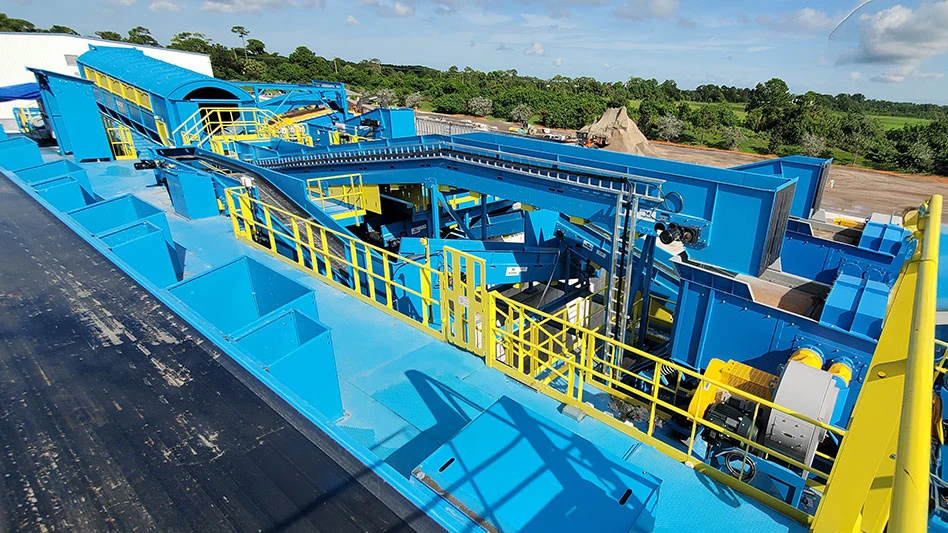A California dispute is a new delay in the removal of the James River Reserve Fleet.
The U.S. Maritime Administration has put a freeze on its ship disposal program to resolve new environmental concerns.
A dispute in California over whether and how ship hulls must be cleaned before disposal has prompted the MARAD to suspend issuing any new contracts for its entire national fleet of obsolete vessels.
Officials said that they couldn't estimate how long the suspension would last.
If the problem is resolved within months, the effect on the James River Reserve Fleet might be small. All the ships considered at greatest environmental risk have been removed from the James, agency officials have said, and the focus next year would be on California and Texas fleets.
But the program's suspension is another embarrassment to an agency that failed to meet a congressional mandate to eliminate a backlog of aging, obsolete ships by September 2006.
The latest environmental problems began last year, when the Coast Guard told the maritime agency that it must begin complying with regulations on ship cleaning that had been in place since 2004.
The move appeared to catch the maritime agency by surprise, partly because Navy and Coast Guard vessels are exempt from the regulations.
Coast Guard officials acknowledged that it took time to interpret the regulations and their effect on the Maritime Administration.
The regulation requires ship owners to remove all "fouling organisms"- such as grass, moss and mussels - from the hull, piping and tanks "on a regular basis."
MARAD began complying last year by cleaning hulls with a brush in a process known as scamping, said Shannon Russell, an agency spokeswoman.
But California officials protested the cleaning, saying MARAD might need to acquire a permit before such work could begin in California waters.
MARAD has said the cleaning process poses no environmental risk. But other people say it requires further study, after one report in California said sheets of decayed metal came off a ship being cleaned.
There's a backlog of about 40 deteriorating ships in the James that could pose an environmental risk as they age. Some of the ships are contaminated with asbestos and cancer-causing PCBs. Daily Press
In a related note, there have been published reports that some of the vessels that MARAD shipped to a ship dismantling firm in the UK may be shipped back to the United States, due to a delay in scrapping the vessels.
Able UK, which was awarded the contract for the vessels, has been embroiled in controversy with some local environmentalists, who oppose the scrapping procedure.
According to a published report Able UK expected to scrap 200,000 metric tons of metal a year from the vessels, and would provide ship dismantling, repair and construct for at least 20 years.
Latest from Recycling Today
- Greenwave raises revenue but loses money in Q2 2025
- Recycled steel prices hold steady
- EY says India’s need for scrap imports will continue
- Coming full circle
- Amcor, DCM introduce fertilizer packaging with 35 percent recycled content
- Comstock Metals gets closer to commissioning commercial-scale solar panel recycling facility
- Washington selects Circular Action Alliance as PRO
- Smurfit Westrock expands in Latin America





